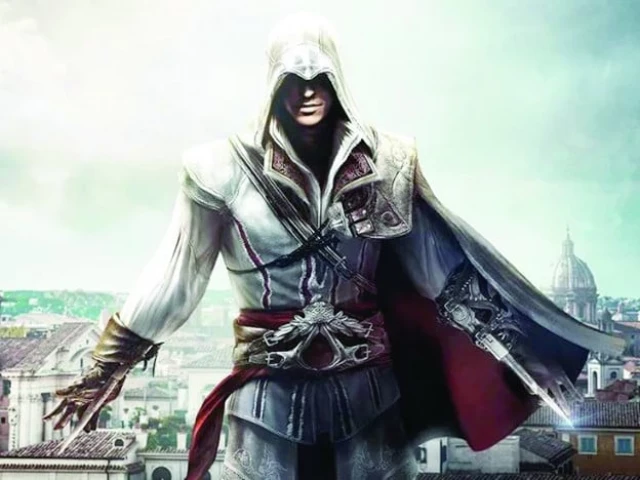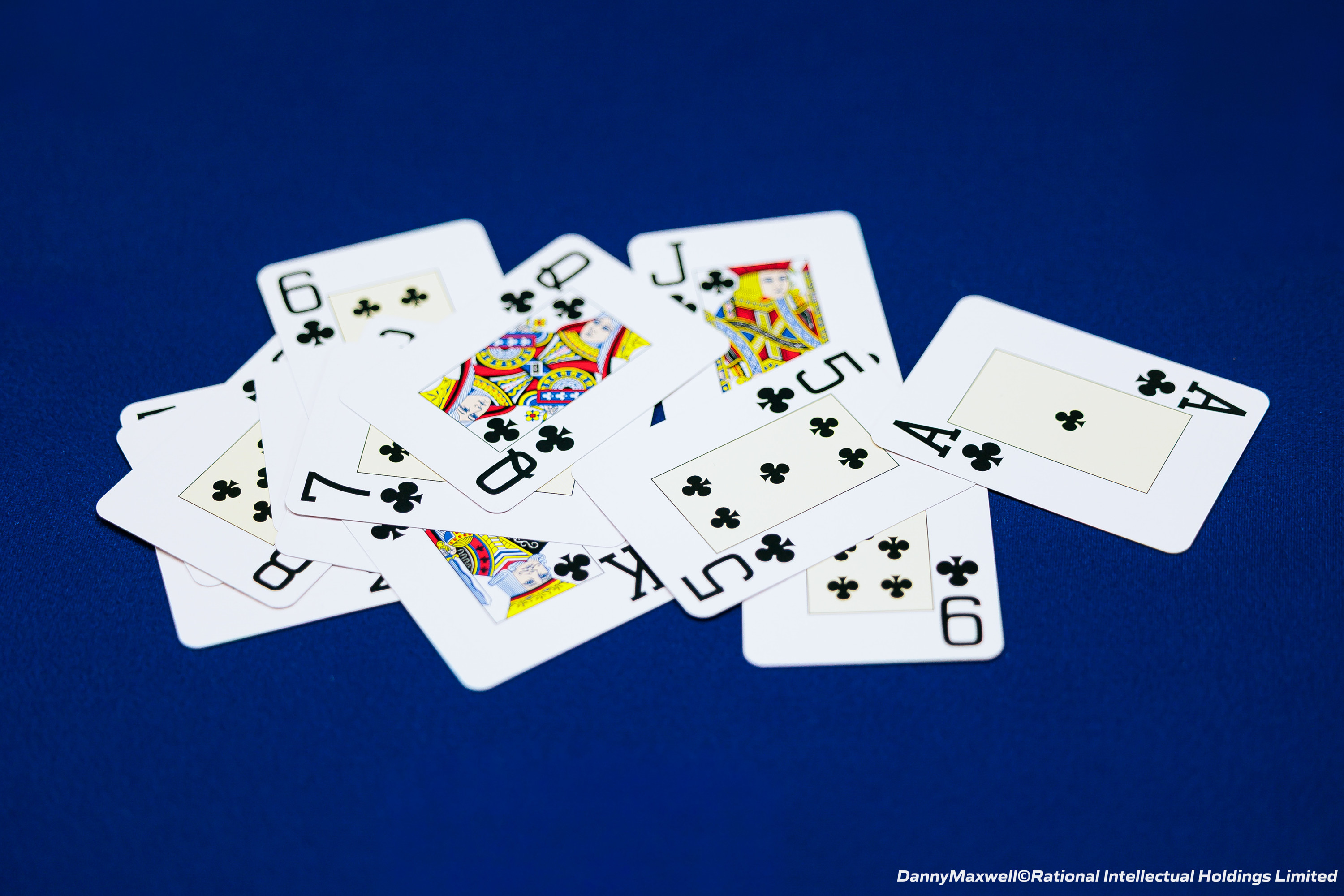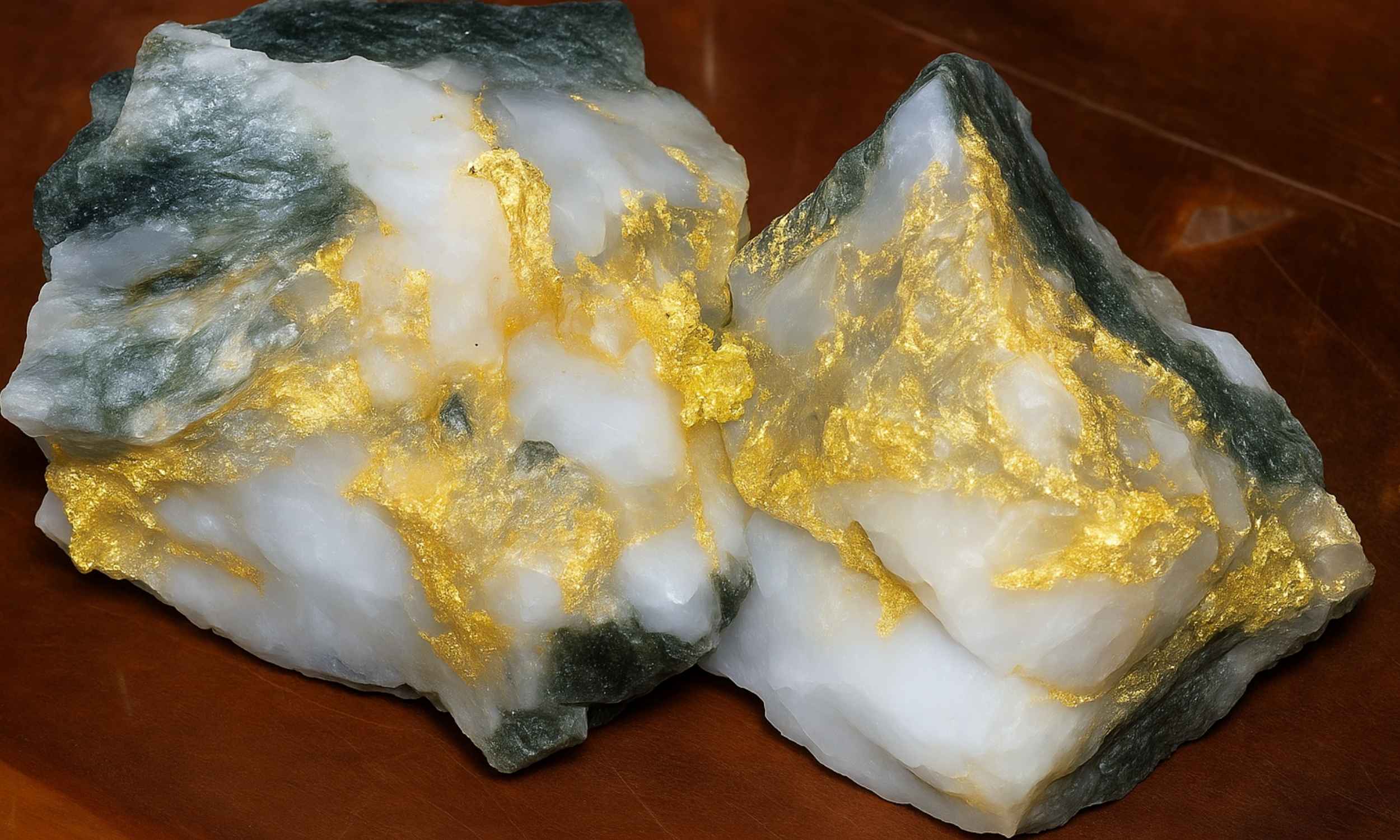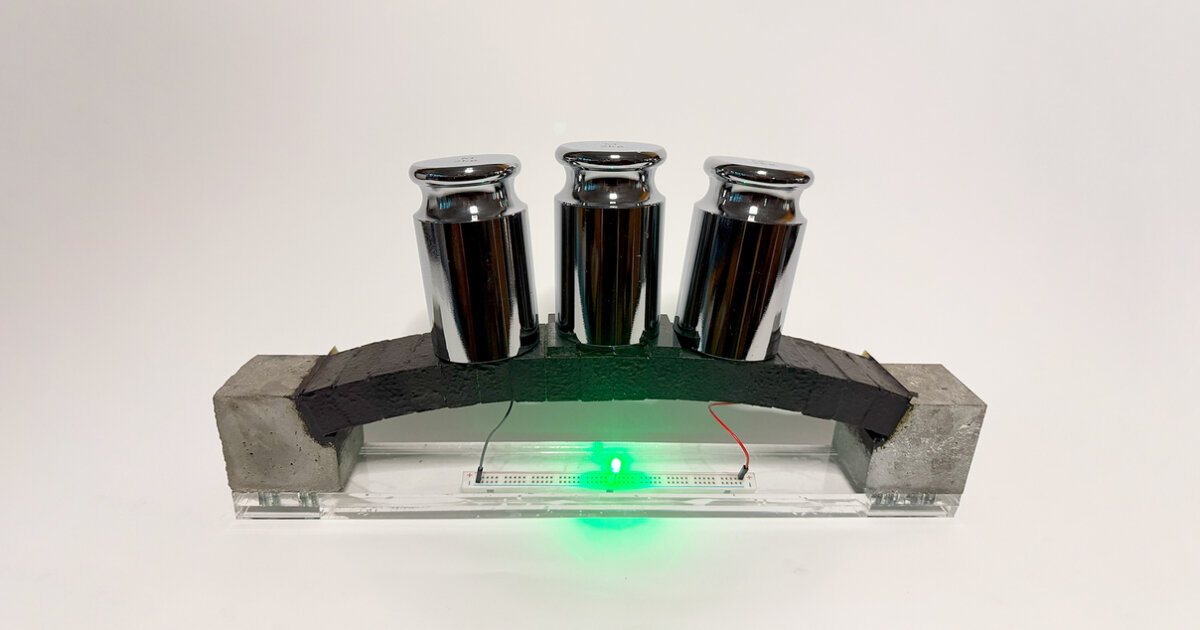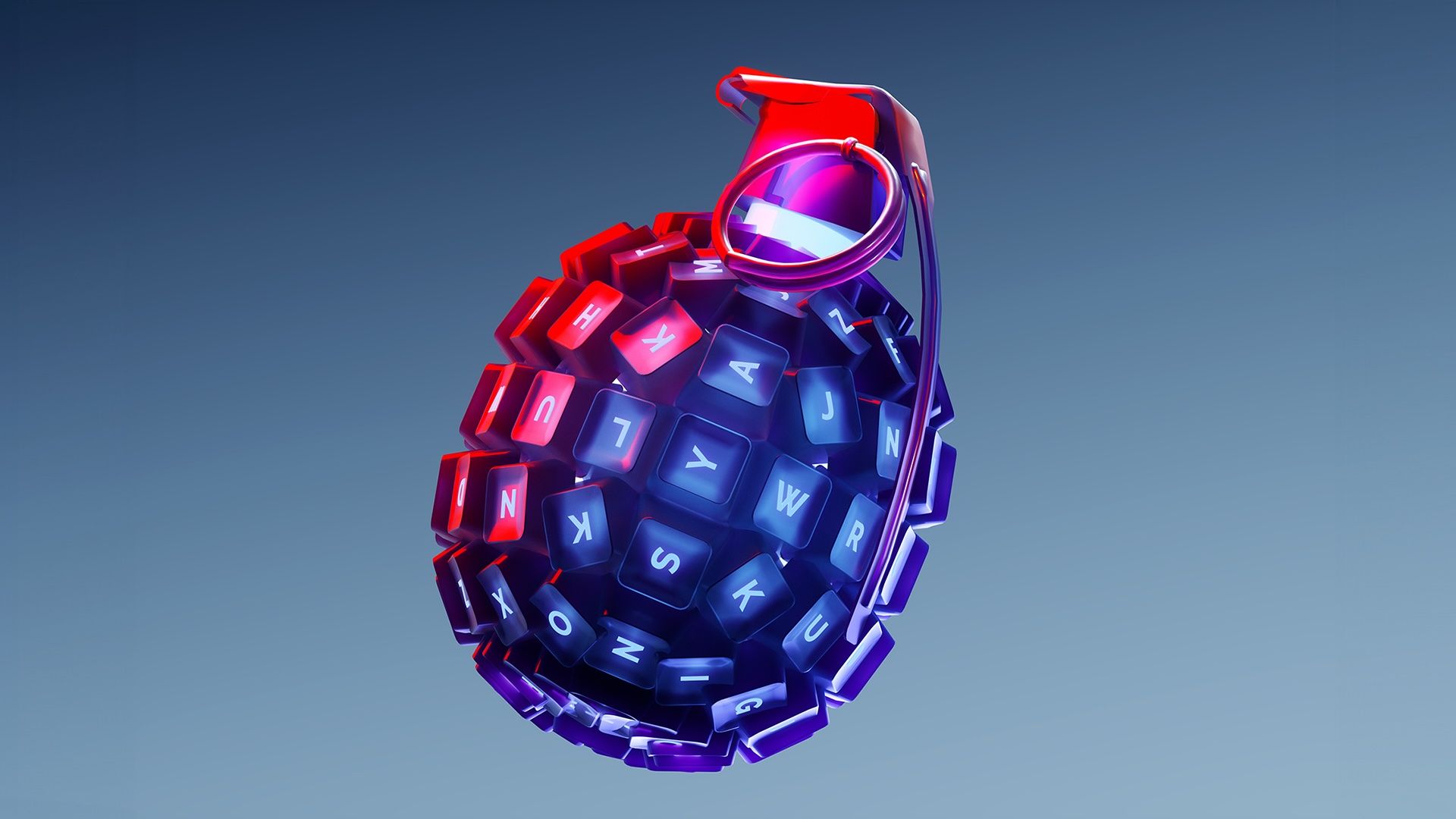Is YouTube's AI Revolution About to Crush Its Creators? You Won't Believe This!

Can you imagine pouring your heart and soul into content creation, only to have an artificial intelligence swoop in and take over your livelihood? That’s the reality facing many YouTube creators, including entrepreneur Charlie Chang, who has built a profitable media empire from scratch.
Starting as a finance video enthusiast, Chang has watched his business flourish into a media powerhouse, overseeing over 50 YouTube channels and generating a staggering $3 to $4 million in annual revenue. But now, the winds of change are blowing ominously as YouTube’s parent company, Google, is leveraging its vast video library to develop AI applications, including the new text-to-video tool, Veo. The concern? If AI can generate videos faster and cheaper, will Chang's channels become obsolete?
“The fear is there, and I’m still building the channels, but I am preparing, just in case my channels become irrelevant,” Chang, only 33, expressed. While he continues to cultivate his digital empire, he can’t shake the worry that a machine might soon be replicating what took him years to perfect.
This isn’t just Chang’s dilemma—it's a growing concern among many creators who helped shape YouTube into the behemoth it is today. With over 20 billion videos uploaded by creators who have built their livelihoods on the platform, many are feeling the pressure as AI threatens to transform the landscape of video content creation.
For years, YouTube has been a hive of creativity, where amateur videos evolved into professional productions and content creators became influencers. YouTube’s strategy of sharing ad revenue has kept creators loyal, but as Google races against rivals like Meta and OpenAI to dominate the AI video market, the very creators who contributed to its rise now feel their contributions are being exploited.
“It makes me sad, because I was a big part of this whole creator economy, and now, it’s literally being dismantled by the company that built it,” lamented Kathleen Grace, a former YouTube employee turned chief strategy officer at Vermillio. This sentiment reflects a growing frustration within the creator community as they grapple with the unforeseen consequences of YouTube's AI aspirations.
Although YouTube has invested over $70 billion in creators from 2021 to 2023, the question remains—what’s the cost of progress? Creators are now facing challenges from AI-generated content that can mimic their unique styles and potentially undercut their revenue.
While some creators are optimistic about the benefits of AI, such as efficiency and cost reduction, the fear of impersonation and loss of brand identity looms large. “They’re training on things that we, the creators, are creating, but we’re not getting anything in return for the help that we are providing,” noted Cory Williams, creator of the popular animated character Silly Crocodile.
As YouTube aims to develop tools to manage AI-generated content, the platform's relationship with its creators hangs in the balance. Legally, the terms of service agreement that creators sign grants YouTube a royalty-free license, but many feel blindsided by the implications of these agreements. They now debate whether they have a case to challenge the system in court.
With the stakes getting higher, some, like Nate O’Brien, foresee a flat or declining revenue in the face of rising AI competition. “It’s just a numbers game there,” he explained, highlighting the existential threat AI poses. On the other hand, others like Aaron de Azevedo have found a way to adapt, sharing their video libraries with AI companies for compensation, even turning their struggles into wedding expenses.
The unsettling truth is that while creators have built an empire on creativity, they are now forced to confront the reality of a future where AI might overshadow their hard work. As Chang, Grace, and countless other creators navigate this shifting landscape, the question remains: Will they rise again, or are they destined to be replaced by the very technology they helped nurture?











